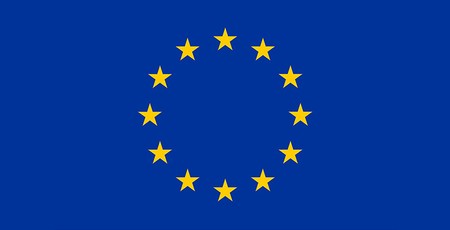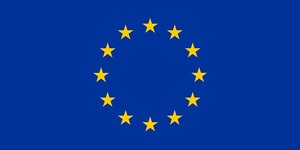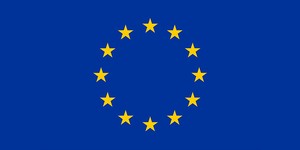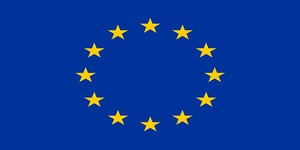European Council approves Copyright Directive
April 16, 2019 | 10:38
Companies: #european-council #european-union

The European Council (EC) has officially voted in favour of the controversial Copyright Directive, which updates pan-European copyright law with controversial new requirements for sites offering user generated content (UGC) or linking to third-party content, meaning it will now pass into law.
The road to the EU Copyright Directive has been a long one, with considerable lobbying on both sides of the debate: Pro-copyright organisations, typically large rightsholders, argued that the law needed to be updated to reflect the challenges to copyright from modern technology; those against, mostly pro-copyleft and digital rights organisations as well as technology companies who rely heavily on user-generated content (UGC), argued that particular aspects of the law would have a chilling effect on free speech and disproportionately hurt smaller companies while allowing large multinationals to continue with little effect. At the heart of the debate was a pair of Articles: Article 11, the so-called 'link tax', introduced new and arguably onerous requirements for sites linking to or quoting from third-party sources; Article 13, meanwhile, added a legal requirement for any site allowing user uploads to automatically scan said uploads for infringing content - a plan which, its critics argued, would mean heavy reliance on automated filter systems which would be both expensive to implement and almost entirely ineffective.
Following the finalisation of the document back in February, in which Article 11 was renumbered to Article 15 and Article 14 to Article 17, the Copyright Directive passed its final vote at the European Parliament - but with some claiming to have accidentally voted the wrong way on an amendment clause, owing to confusion brought about by a last-minute switching of voting order, in quantities high enough to have flipped the vote.
After the final vote in the European Parliament, the Directive had one more hurdle to full approval: The European Council (EC), which this week has officially voted to approve the Directive and enact it into European Union law.
Confirmed in figures shared by anti-Directive Member of European Parliament Julia Reda via Twitter, the vote saw Italy, Luxembourg, the Netherlands, Poland, Finland, and Sweden vote against the Directive; Belgium, Estonia, and Slovenia, meanwhile, abstained from voting. The remainder of member nations voted to approve, including the UK.
'The entertainment lobby will not stop here, over the next two years, they will push for national implementations that ignore users' fundamental rights,' Reda warns. 'It will be more important than ever for civil society to keep up the pressure in the Member States! The EU can only ever be as good as the parties we elect to represent us. Make sure to vote in the European Parliament elections on May 23 to 26!'
'With today's agreement, we are making copyright rules fit for the digital age,' argues European Commission President Jean-Claude Juncker, in contrast. 'Europe will now have clear rules that guarantee fair remuneration for creators, strong rights for users and responsibility for platforms. When it comes to completing Europe's digital single market, the copyright reform is the missing piece of the puzzle.'
Reda has suggested that it may be possible for the Copyright Directive to be overturned by the Court of Justice of the European Union (CJEU) but warns that 'it would be slow and difficult' and that 'voting for MEPs who respect our digital rights is more likely to bring change!'

MSI MPG Velox 100R Chassis Review
October 14 2021 | 15:04








Want to comment? Please log in.